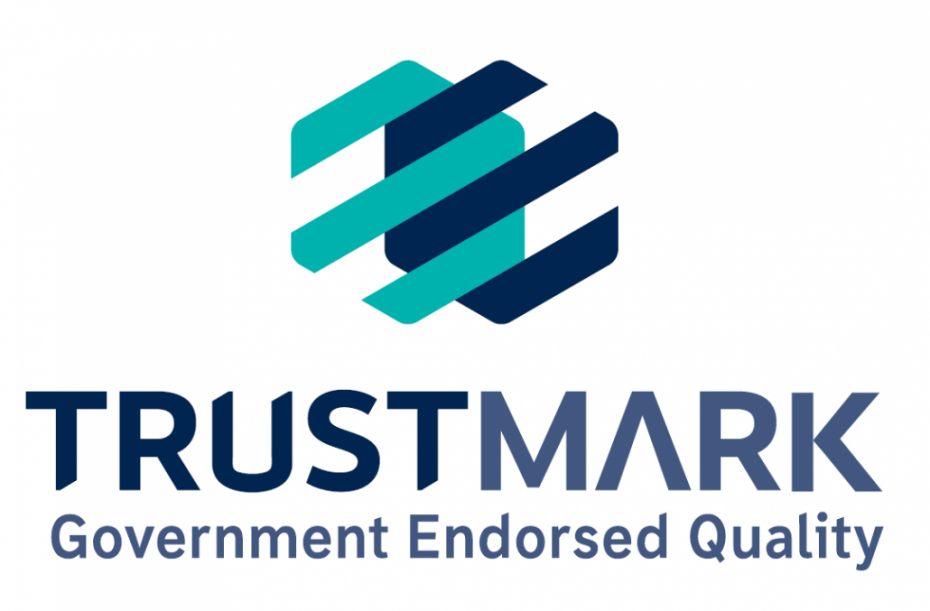Government Funding Update: Unlocking Opportunities Through SHDF, ECO+, and BUS
The UK government has committed £6 billion to support the transition to a more energy efficient housing stock. This funding is being channelled through schemes such as the Social Housing Decarbonisation Fund (SHDF), ECO+, and the Boiler Upgrade Scheme (BUS). For councils, housing associations, and residents, these initiatives present a significant opportunity to upgrade homes, reduce carbon emissions, and tackle fuel poverty.
The SHDF is one of the most important funding streams for local authorities and housing providers. It is designed to improve the energy performance of social housing, focusing on properties with the lowest EPC ratings. The fund supports insulation, heating upgrades, and renewable technologies, with the aim of bringing homes up to EPC C or better. Councils that act early can secure grants to deliver large scale programmes while meeting government targets for decarbonisation.
ECO+, also known as the Energy Company Obligation Plus, extends support to a wider group of households. It targets those who may not qualify for other funding but still live in inefficient homes. Measures such as cavity wall insulation, loft insulation, and heating system improvements are covered, giving residents access to affordable upgrades. For councils and housing associations, ECO+ can be combined with other schemes to maximise funding opportunities.
The Boiler Upgrade Scheme focuses on encouraging the installation of low carbon heating systems, including air source and ground source heat pumps. With grants available to offset upfront costs, BUS helps homeowners and landlords move away from fossil fuel heating. This is particularly relevant as gas boilers are gradually phased out in favour of renewable alternatives.
While the funding opportunities are substantial, navigating the application and compliance process can be complex. Each scheme has strict eligibility criteria, technical requirements, and reporting obligations. Councils and housing associations need experienced partners to prepare bids, manage compliance, and deliver works to PAS 2030 and PAS 2035 standards.
TF Energy has extensive experience supporting clients through these processes. We provide accurate surveys, detailed programme planning, and full documentation to ensure applications are successful and funding is secured. Our proven track record with local authorities such as Camden, Newport, and Bristol shows how structured delivery and compliance-focused project management make the difference between approval and rejection.
The £6 billion pipeline represents a once-in-a-generation opportunity to transform housing stock and improve living conditions. With the right support, landlords and councils can unlock funding, deliver compliant projects, and create warmer, greener, and more affordable homes for their residents. TF Energy stands ready to guide clients through every step of the process.













